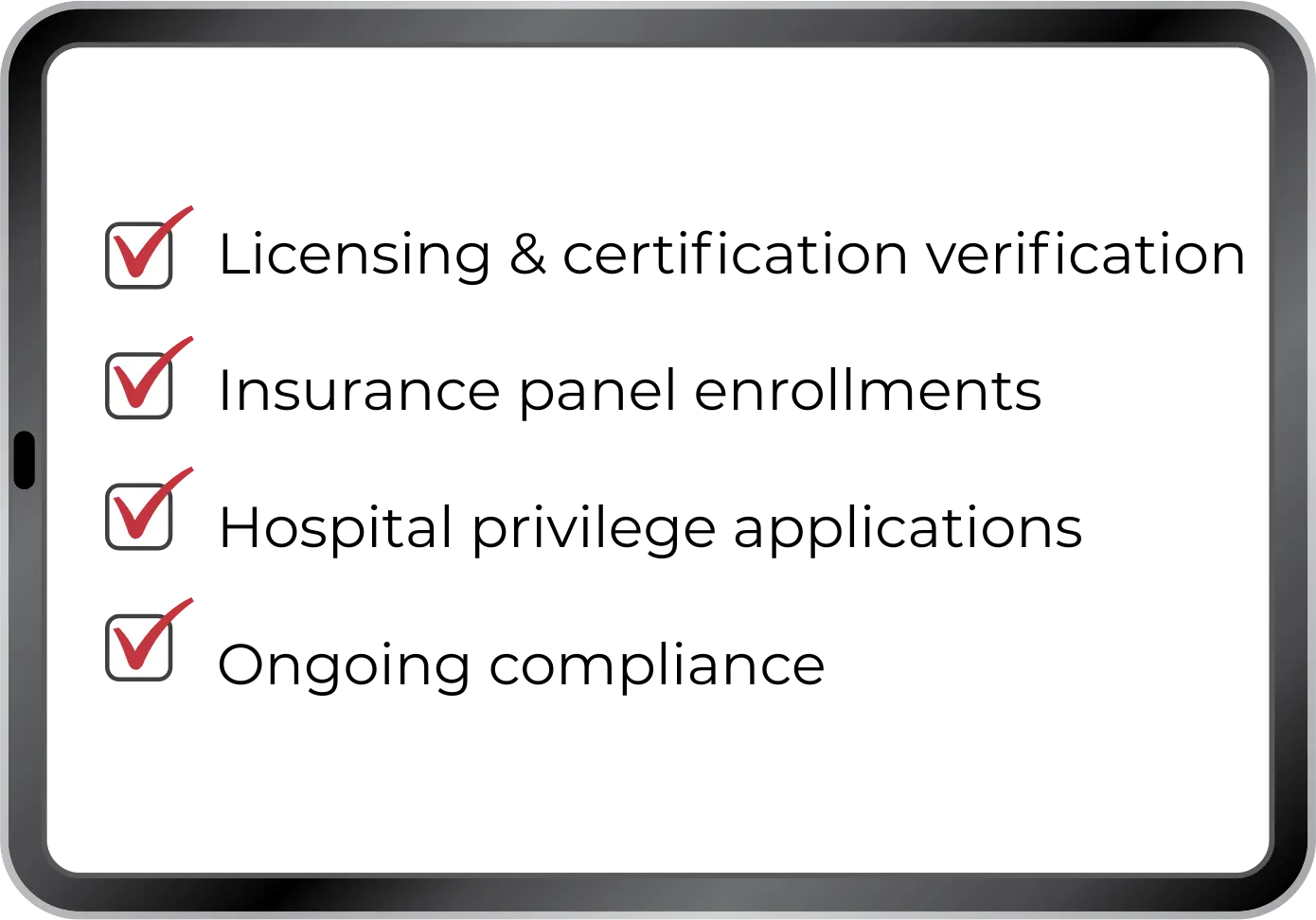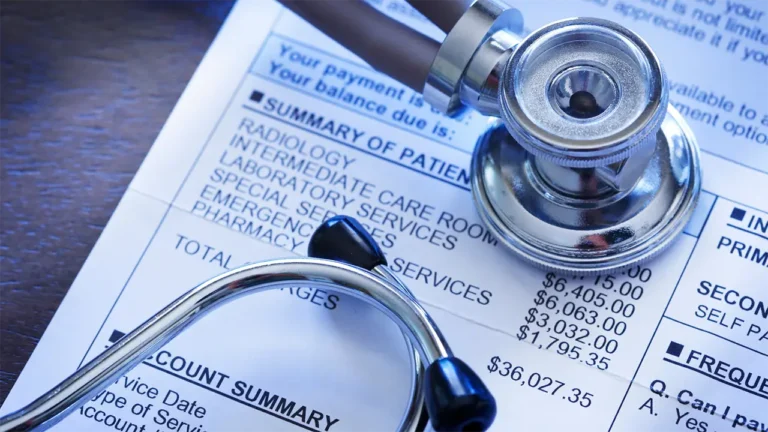Key Takeaways
- Staying current with your cardiovascular credentials is vital for maintaining professional credibility and compliance.
- Credentialing mistakes can disrupt patient care and lead to costly delays in reimbursement.
- Partnering with a reliable cardiology credentialing service minimizes errors and administrative burdens.
- Cardiology-Cloud simplifies the credentialing process for cardiologists through specialty-specific support.
As a cardiology provider, you diagnose and treat heart disease, manage complex cardiovascular conditions, and perform life-saving procedures. While clinical excellence is a clear top priority, it’s equally important to stay on top of the behind-the-scenes tasks that keep your cardiologist credentials current.
Cardiovascular credentialing validates your training, licensure, and professional background, allowing you to:
- Join insurance panels
- Secure hospital privileges
- Maintain compliance with regulatory and payer requirements
Cardiovascular Credentialing International (CCI) recognizes the importance of certification in cardiology specialties such as invasive and non-invasive technology, electrophysiology, and sonography. These cardiologist certifications—and the ongoing credentialing process—demonstrate competence, protect patients, and ensure providers remain eligible for reimbursement. Without proper credentialing, your ability to serve patients—and get paid—are at risk.
Table of Contents
What’s the Difference Between Cardiology Certification & Credentialing?
Certification and credentialing are often used interchangeably, but they serve unique purposes in your professional journey. Board certification in cardiology verifies your medical expertise and commitment to ongoing excellence. Many cardiologists pursue board certification through the American Board of Internal Medicine (ABIM), subspecialty boards, or CCI for technologist and advanced credentials.
On the other hand, medical credentialing is the process of verifying your qualifications, licensure, and professional history to grant you privileges at hospitals and with insurance providers. A credentialing service completes this process accurately and efficiently, reducing delays in patient care and reimbursements. Credentialing requires confirmation regarding:
- Your education and training
- State licensure
- Work and malpractice history
- Hospital affiliations
- DEA and NPI numbers
Credentialing is essential for working with insurers, hospitals, and referral networks—and it must be maintained and renewed regularly. Lapses can cause temporary loss of billing privileges and damage your reputation with patients and payers.
Common Challenges Maintaining Cardiology Credentials
- Incomplete or incorrect applications. A single error can trigger a rejection or delay, requiring providers to resubmit documents and wait even longer for approvals. This can impact when you’re able to start seeing patients or get reimbursed.
- Slow verification turnarounds. Hospital systems and insurance carriers can take weeks—or months—to verify documents. Without credentials, you can’t perform procedures or bill for services rendered.
- Constantly changing compliance rules. Payer and state regulations adds more complexity. Missing a renewal deadline or falling out of compliance could jeopardize your participation in key insurance networks.
A professional cardiology credentialing service manages these complexities and submits documentation on time and error-free.
How Credentialing Impacts Your Cardiology Practice’s Revenue
- Claims are denied or delayed
- Referrals dry up
- Hospital or cath lab access may be restricted
- Staff wastes valuable time redoing paperwork

What a Cardiology Credentialing Service Can Do for You
- Verify your licensure and board certification
- Handle insurance panel applications and re-enrollments
- Manage hospital privilege paperwork
- Track deadlines for renewals and compliance updates
Staying Credentialed in a Fast-Changing Field
If credentialing ever feels like one more thing on an already full plate, you’re not alone. Many cardiologists opt for outside support managing the paperwork, deadlines, and regulatory updates. With the right partner, staying compliant becomes less of a burden.









